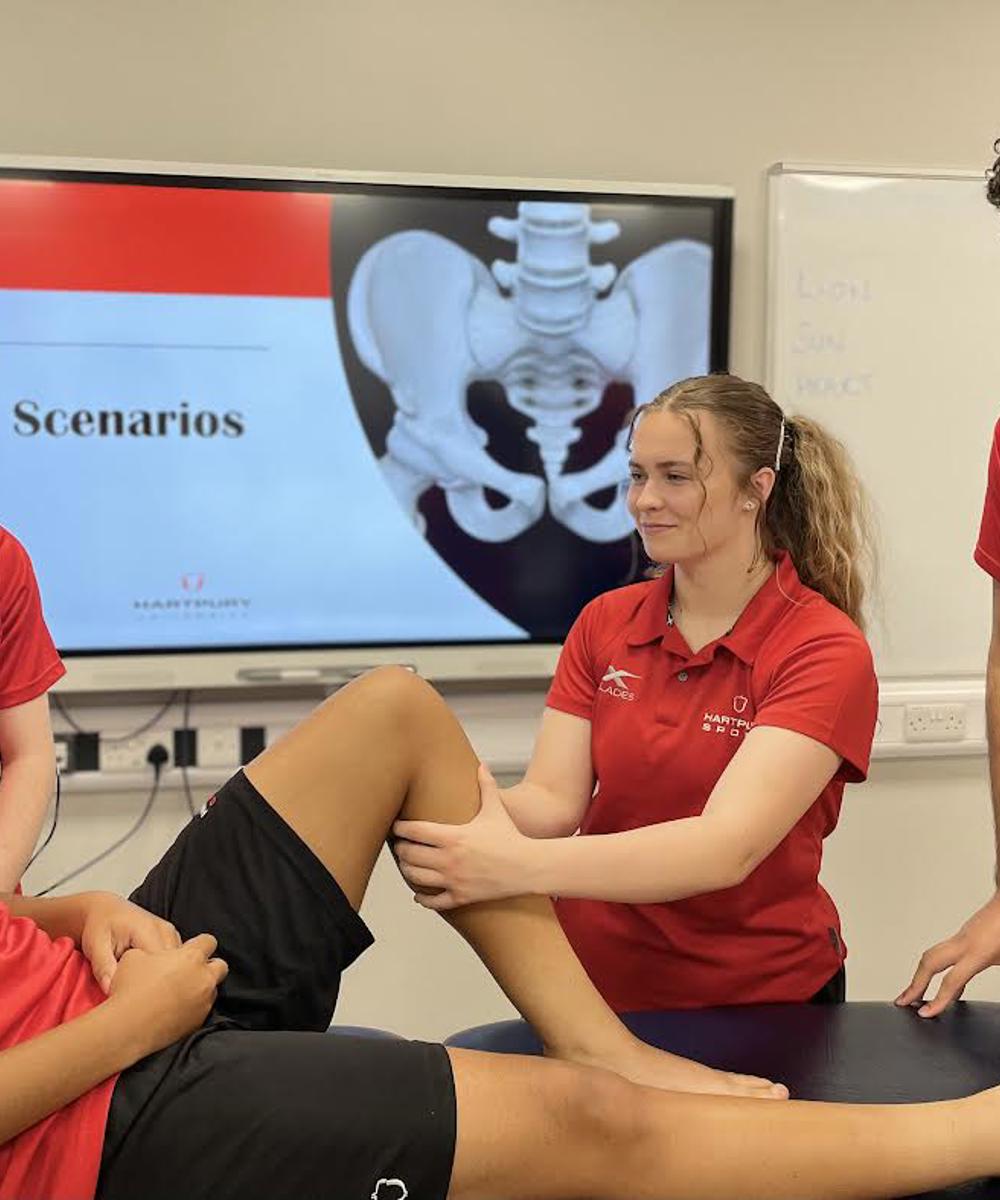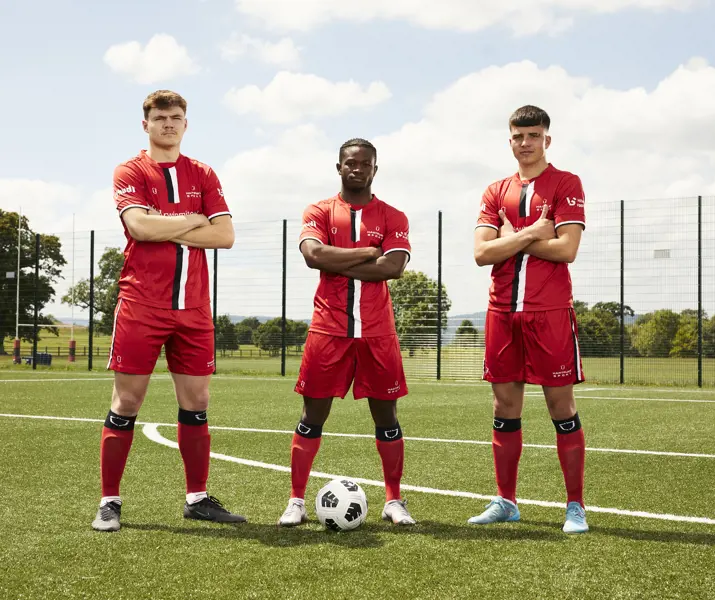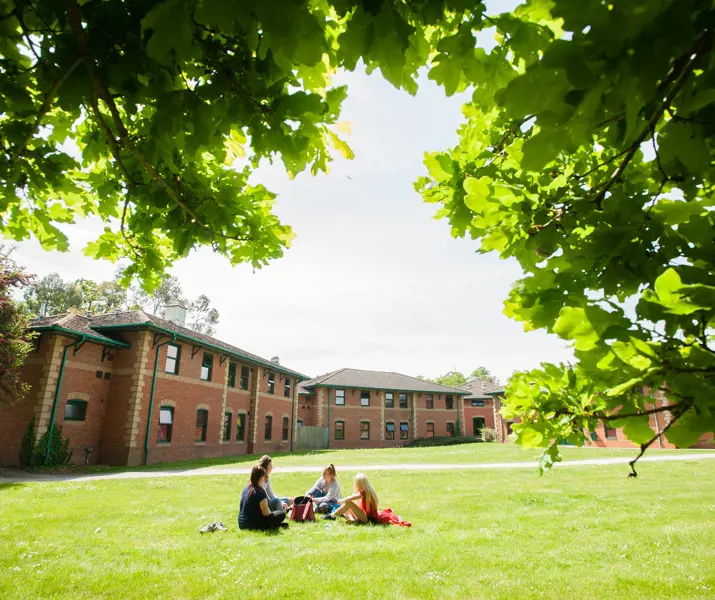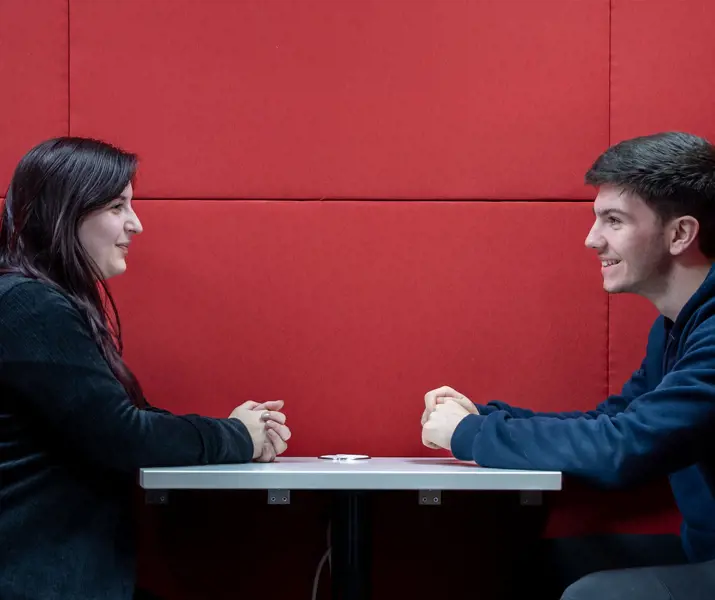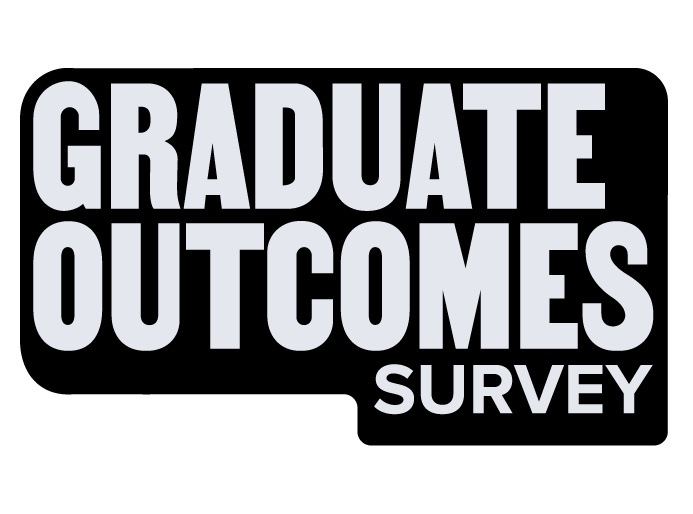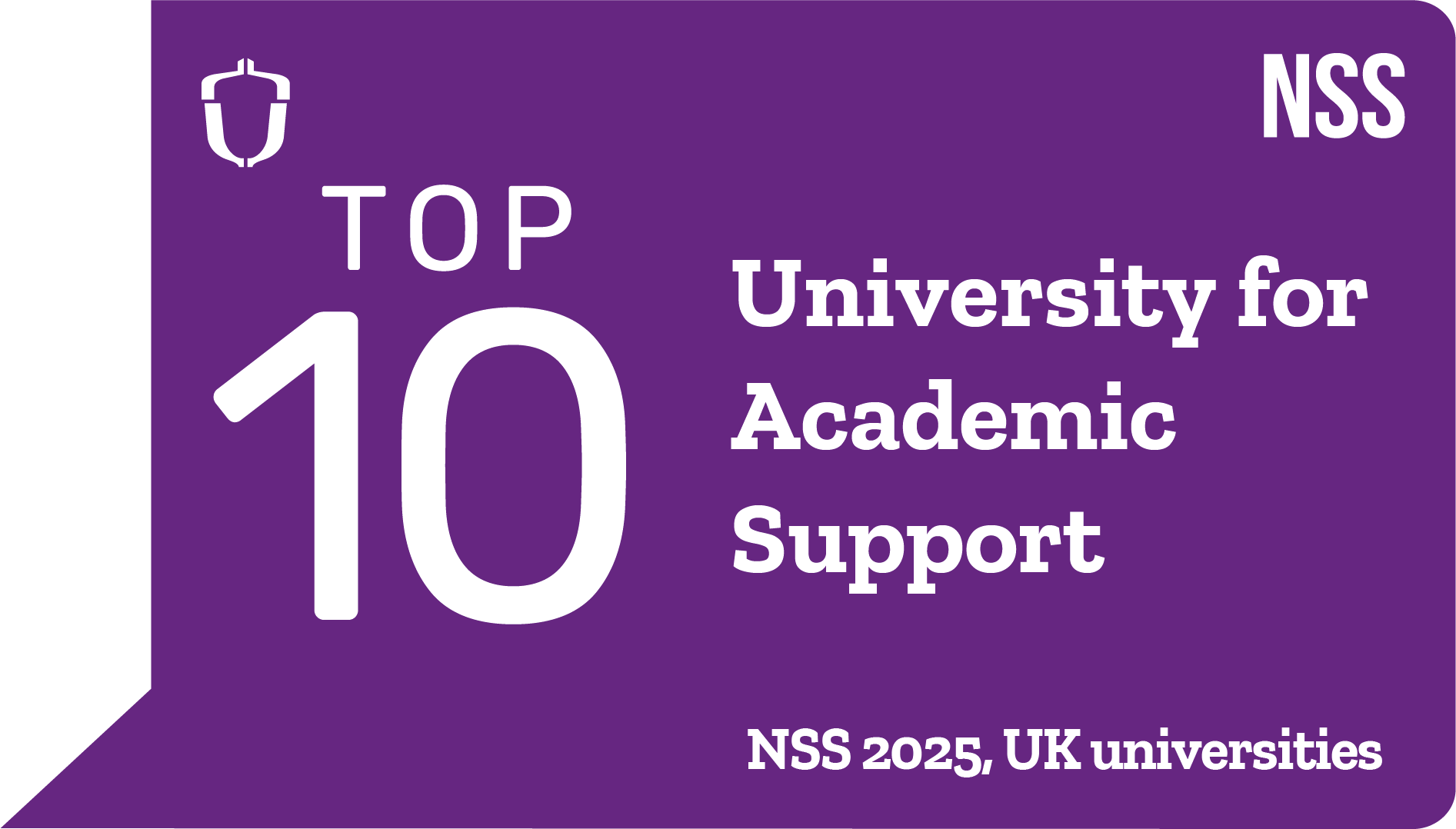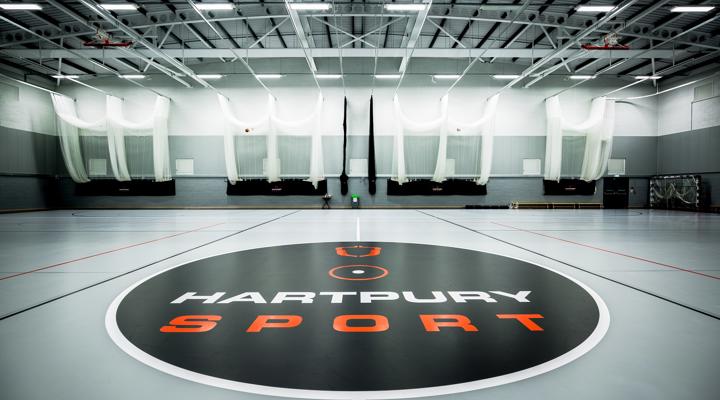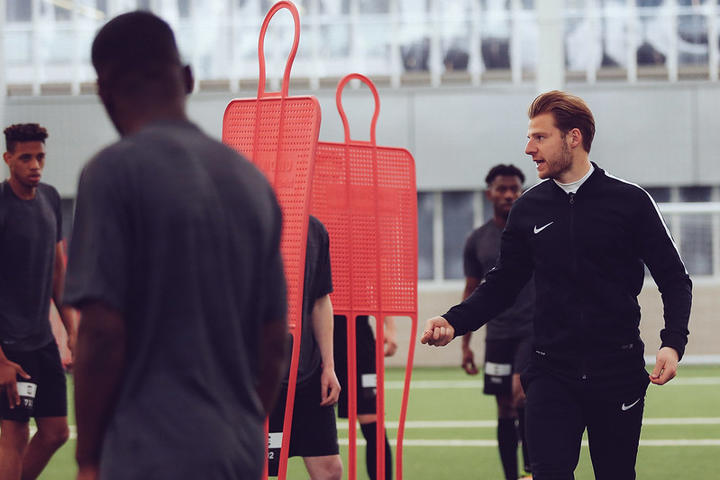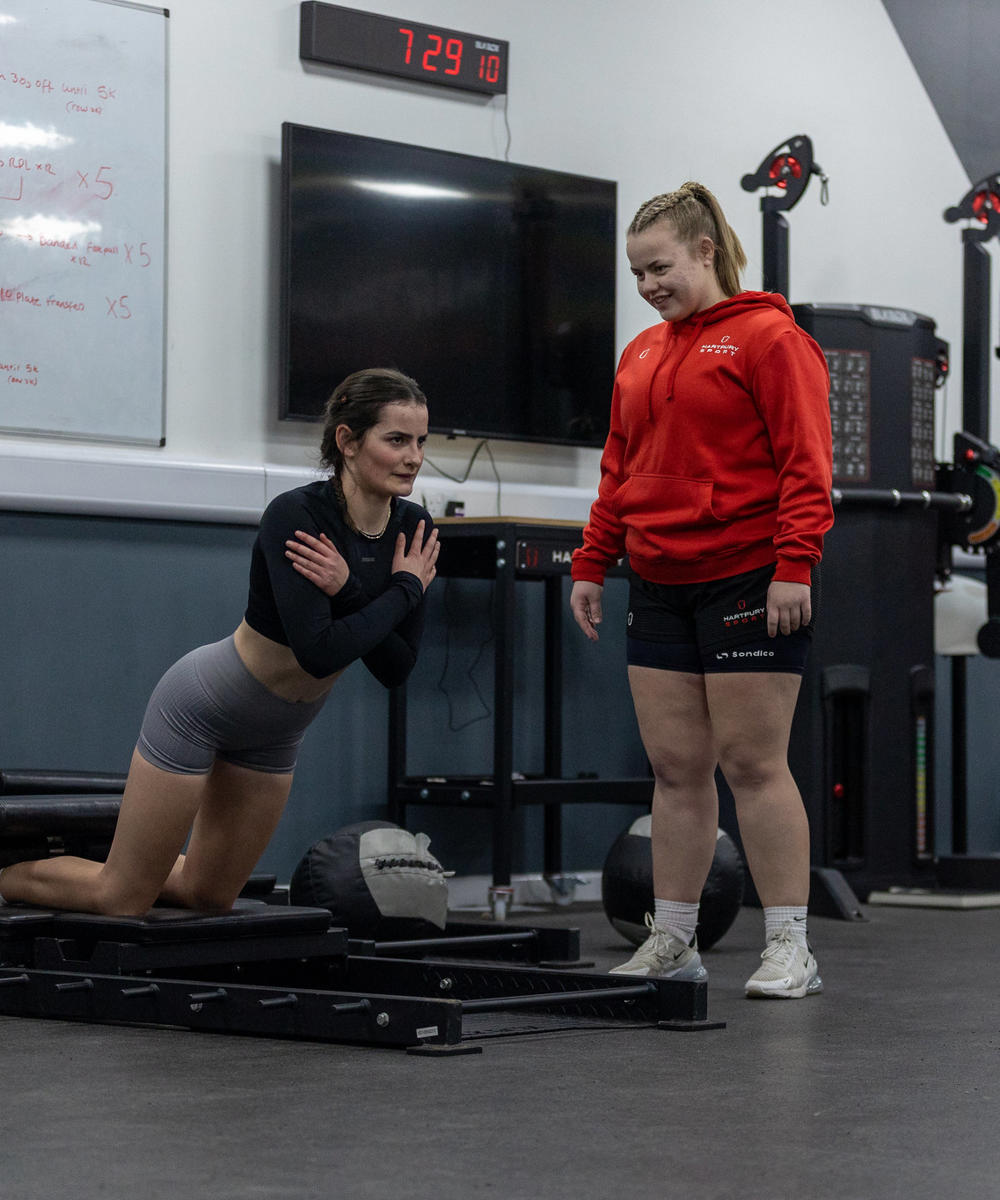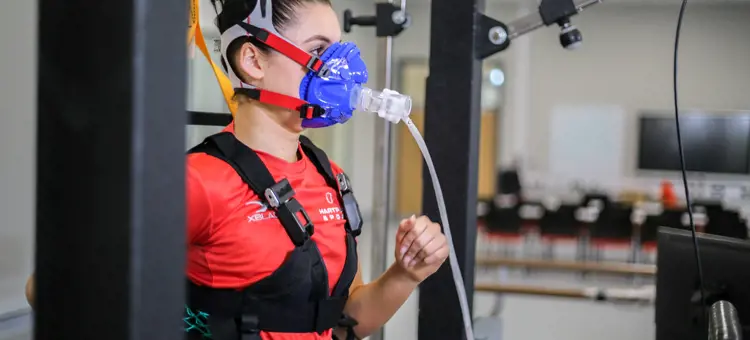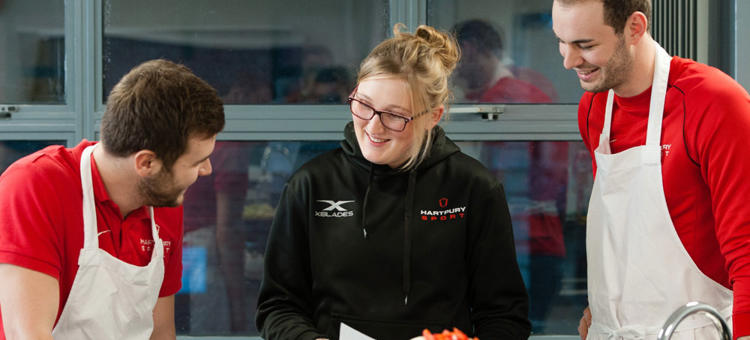UCAS tariff points | 112 UCAS tariff points, to include Biology, Sport or PE.
A Levels | BBC or equivalent from at least two full A Levels. This must include Biology, Sport or PE at grade D or above.
Vocational Awards | DMM in an Extended Diploma in a relevant subject.
Access | 112 UCAS tariff points in an Access to Higher Education Diploma. This must include nine level 3 credits at Merit or above in Biology.
International Baccalaureate | 112 UCAS tariff points in an IB Diploma, from at least two Highers at H4 or above. This must include Biology, Sport or PE.
Scottish Highers | 112 UCAS tariff points from at least two Highers, to include Biology, Sport or PE at C or above. You must have completed two years study at Higher Level.
Irish Leaving Certificate | 112 UCAS tariff points from at least two Highers, to include Biology, Sport or PE at H3 or above.
T Level | An overall grade of Distinction, to include grade B or above in the Core component in a Science subject. T Level subjects considered are Animal Care and Management (Science Pathway), Healthcare Science and Science. Health will be considered on an individual basis.
Additional Information
DBS Clearance: the course will include working with children and vulnerable adults; therefore, you’ll be required to complete an enhanced DBS check on arrival. Having a criminal conviction may not exclude from joining the course but we may not be able to facilitate placements for applicants who have convictions of violent offences or offences against children or vulnerable adults. A criminal conviction may also mean that full professional membership to The SST is not possible.
We also ask that you successfully complete our Fitness to Practise process.
In addition to the above, we require a minimum of five GCSEs at grade 9-4 (A*-C), to include English and Maths. We will consider equivalencies including but not limited to functional skills level 2, Irish Ordinary level, National 5s, IB standard level.
We will consider combinations of level three qualifications.
We welcome applications from individuals with equivalent, non-UK qualifications and mature students (over 21). We may interview as part of the application process.
The minimum academic entry requirement for this programme is 80 UCAS tariff points, providing this is combined with relevant experience.

